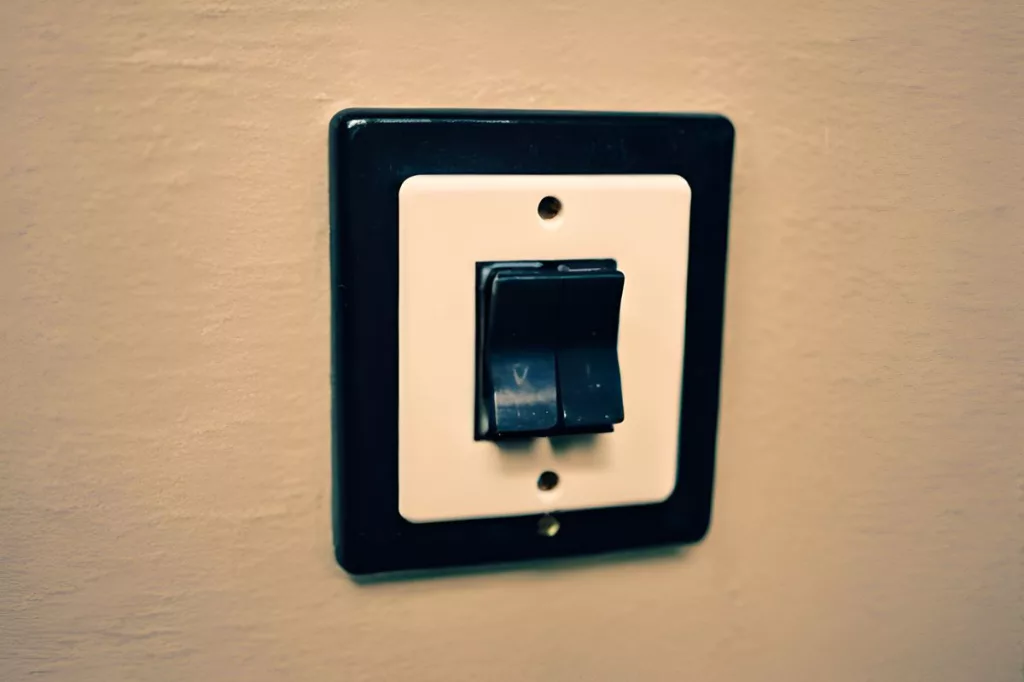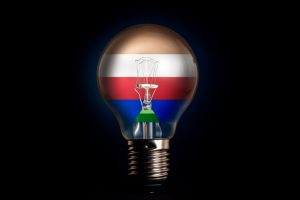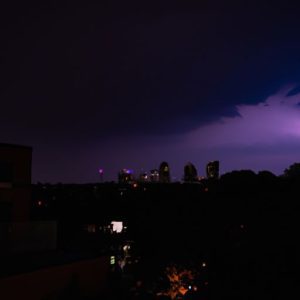South Africa’s electricity problem has become a national crisis, with almost 10 million qualifying for free basic electricity but only 2 million receiving it due to inefficient local governance. The government’s countermeasure provides free basic service, but the qualification process is intricate, and poor implementation at the municipal level obstructs its efficacy. The government needs to develop a more trustworthy method to guarantee households benefit from free electricity, with revising the country’s electricity pricing policy and ensuring efficient governance at the municipal level being crucial initial steps towards a resolution.
South Africa faces an electricity crisis due to frequent power outages from coal power plant failures. The government’s proposed Integrated Resource Plan has been criticized for neglecting affordable renewable energy solutions, such as wind and solar power with increased storage capacity, and promoting gasintensive scenarios. The Lazard Levelized Costs of Energy report highlights the potential for renewable energy to drastically lower costs, but the government’s plan neglects this. Reconsideration is necessary to align proposals with environmental obligations and economic realities.
The South African government has expressed deep regret and concern over the ongoing electricity crisis, which has resulted in load shedding and caused hardships for citizens. However, the administration remains committed to enhancing the country’s electricity generation capacity to alleviate the severity of load shedding and its impact on people’s lives.
President Cyril Ramaphosa has taken a significant step towards resolving South Africa’s longstanding electricity crisis by appointing Dr. Kgosientsho Ramokgopa as the Minister of Electricity. This appointment, announced during the 2023 State of the Nation Address (SONA), aims to coordinate the government’s response to the crisis and prioritize resolving it.
The Minister of Finance Enoch Gondongwana presented the National Treasury of South Africa’s Budget Vote for the 2023/24 financial year, highlighting the government’s efforts to foster higher and more inclusive economic growth, address fiscal vulnerability, and stabilize public finances. The total allocated budget for the National Treasury amounts to R34.9 billion, with 85% allocated to transfers and subsidies.
The South African rand experienced a significant decline last week, reaching a record low against the US dollar. Various factors, including a diplomatic dispute between South Africa and the US, an ongoing electricity crisis, and unfavorable effects on economic growth and public finances, caused this depreciation.
South Africa’s energy sector has seen a significant challenge in recent years. Eskom, the country’s leading power utility, has struggled to keep up with the growing electricity demand. The result has been frequent power outages, or load shedding, which have disrupted businesses and homes. The reasons for this crisis are complex, ranging from aging infrastructure to corruption allegations. In this article, we will explore the causes of the electricity crisis in South Africa, its impact on society, and the measures being taken to address the problem.







